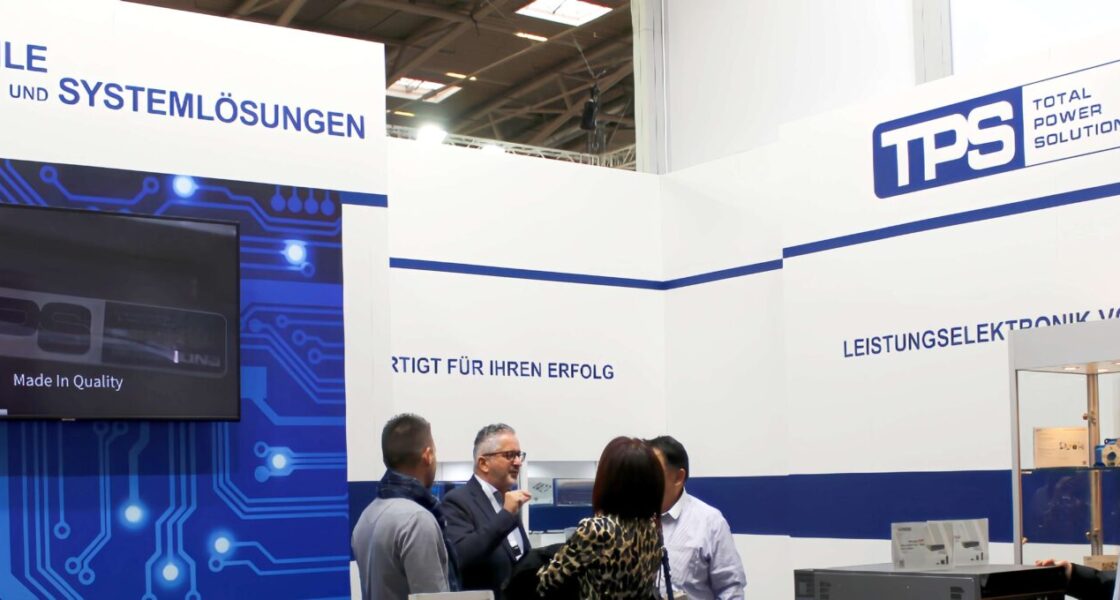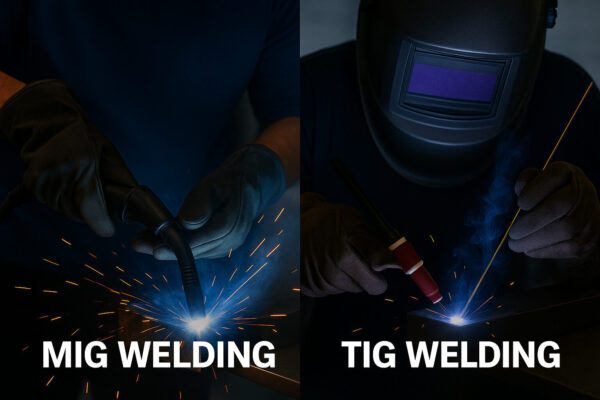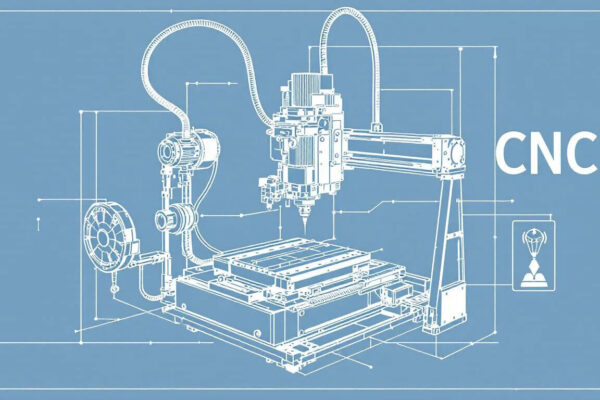As the manufacturing and electronics industries continue to evolve, companies are increasingly focusing on metal testing, regulatory compliance, and efficient supply chain management.
From quality assurance (QA) and quality control (QC) to cost optimization in manufacturing, the global market is adopting smarter practices to deliver reliable, safe, and cost-effective products.
Metal Testing and Compliance Standards
Reliable metal testing is essential across aerospace, automotive, and electronics sectors to ensure material durability, safety, and compliance with international standards.
For businesses searching for “metallurgical testing near me,” accredited laboratories offer advanced services such as tensile strength, fatigue, and corrosion analysis.
Manufacturers selling products online must also meet strict compliance requirements. For instance, CPSIA compliance is mandatory for children’s products sold in the U.S., while companies listing test items on platforms such as Amazon must verify that their materials and performance meet recognized safety and environmental guidelines.
Understanding “Acceptance” in Quality Frameworks
In industrial testing, the term acceptance refers to the criteria by which a product or material is approved or rejected after inspection.
Defining clear acceptance levels within QA and QC frameworks helps manufacturers reduce risks, maintain consistency, and ensure repeatable quality across global production sites.
Establishing measurable acceptance criteria also creates a foundation for efficient process management and cost control throughout manufacturing — linking quality directly to operational efficiency.
Cost Reduction and Efficient Sampling
A central challenge for modern manufacturers is achieving cost reduction without compromising quality.
Effective strategies include process automation, supplier consolidation, and optimized resource allocation.
Implementing robust sampling methods during production allows early detection of potential defects—reducing waste, improving compliance, and supporting continuous improvement.
Such proactive approaches align with international quality control standards and evolving customer expectations.
Beyond process efficiency, the next step in industrial advancement is being driven by innovation in electronic design and system integration.
Power Electronics and Global Sales Networks
Innovation continues to transform the electronics industry.
Companies offering power electronics design services are enabling energy-efficient solutions across renewable energy systems, automotive applications, and industrial automation.
Meanwhile, examples such as the Sharp Electronics global sales network highlight the value of strong international distribution and after-sales support.
A reliable worldwide infrastructure ensures faster market access and long-term customer confidence.
Conclusion
From metal testing and metallurgical analysis to achieving CPSIA-compliant certification, the integration of QA, QC, and cost optimization is reshaping global manufacturing and electronics markets.
Businesses that leverage advanced sampling techniques, specialized power electronics design expertise, and robust global networks are setting new benchmarks for safety, efficiency, and sustainable growth.
As global demand continues to rise, aligning compliance, quality, and innovation will remain essential to building a responsible and future-ready manufacturing ecosystem.




